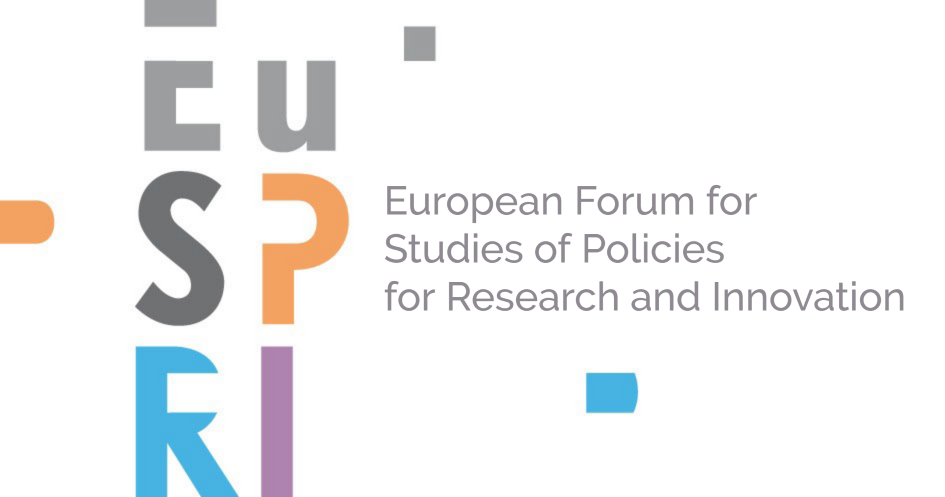Baar, Esther (Den Haag (NL) Rathenau Instuut)
From (in)dependence towards resilience: tensions and synergies between open strategic autonomy and transformative research and innovation policies
Authors: Esther Baar, Chris Eveleens, Jasper Deuten, Matthijs Janssen, Wouter Boon, Paula Kivimaa, Jakob Edler
Keywords: Strategic Autonomy, Challenge-Driven Research and Innovation, International Research Collaboration, Academic Freedom, Power, Participation
Abstract
Over the past decades, STI policy and research have invested in and championed transformative STI polices to address the intersecting crises of climate change, biodiversity loss, and global inequality (OECD, 2024; Rathenau Instituut, 2021; Schot & Steinmueller, 2018). This policy frame is characterized by its attention to, amongst other things, directionality, demand articulation, coordination, power relations, co-production and reflexivity, and focuses on driving societal change through multi-faceted policy interventions (Weber & Rohracher, 2012; Turnhout et al., 2020).
However, recent international crises, wars, and shifts in the geopolitical landscape have ushered in a new set of STI policies that focus on open strategic autonomy, economic resilience, research security, and technological sovereignty (Edler et al., 2023; Kivimaa & Sivonen, 2024; Trippl et al., 2024). The scale and influence of these new concerns is visible in various places: European policies on open strategic autonomy, mission letters to the new EU commissioners, the work of the G7 working group on security and integrity of the research ecosystem, and national taskforces in various European countries. Draghi’s influential report on European competitiveness further illustrates how these new STI policies connect to industrial policy and technological leadership (Draghi, 2024).
Undoubtedly, the new (or newly important) concepts, rationales, and emotions surrounding geopolitical instability and strategic autonomy are impacting the funding and practice of transformative STI in a myriad of ways. We might expect, for example, changes in funding (both in terms of content and design), changes in the rules, regulations and contexts for international collaboration, and changes the everyday lives and practices of researchers, entrepreneurs and practitioners (Massaro & Williams, 2013). What are these (un)planned and (un)intended consequences? What solutions and pathways exist for strategic autonomy and security (for whom?) and how can we achieve these in a democratic and fair manner (Hoijtink et al., 2023)? How, in other words, do the trends towards open strategic autonomy, technological sovereignty and securitization relate to the relatively new transformative policies that might require more time before they can deliver on their promises?
In this track, we want to explore new work that focuses on the tensions and synergies (both potential and real) that emerge from the intersections and/or stacking of these policy priorities at various levels: conceptual, policy, practical. Taken together, we hope that these dimensions allow us to reflect on the underlying question of how STI can contribute to the creation of resilient societies and tackling of global grand challenges. We welcome papers addressing questions such as:
• What are the effects of (open) strategic autonomy on the funding, production, dissemination and application of transformative science, technology and innovation? What are, for example, the effects on international (EU, global science networks), national (ministries, national programs), regional (universities, knowledge institutes), local (projects, researchers, entrepreneurs) scales?
• Which rationales, concerns, emotions and other dynamics underlie and inform STI policies directed at achieving (open) strategic autonomy and increasing security? How and by whom are these determined, and to what effect? In other words: who (and what) determines when autonomy is ‘strategic’ and what is ‘secure’?
• How is (open) strategic autonomy conceptually related to transformative STI policies and practices?
While this track focuses primarily on the connections between transformational STI policies and geopolitical concerns and policies, we also welcome papers addressing the effects of the latter on STI policies and practice more broadly.
